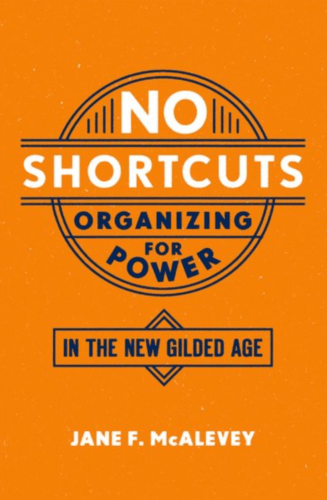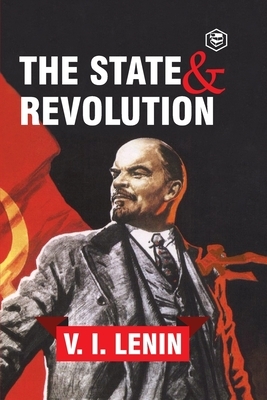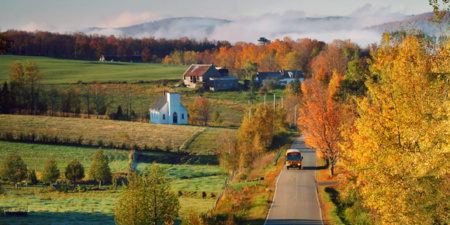A couple of months ago, I wrote a post on V.I. Lenin‘s essay ‘What is to Be Done?‘. I read it in a collection of essays called the Essential Works of Lenin. The same book contains his work The State and Revolution, which he wrote much later on the eve of the October Revolution.
In the other post, I noted some of the good and bad of Lenin. He thought a great deal about strategy and tactics. Along the way, he laid out a lot of insightful critique of magical thinking and bad strategy on the left. On the other hand, he clearly had an intolerant, authoritarian style and personality. This served him poorly, both as a philosopher and as a leader.
These same issues reappear in The State and Revolution. But we get something new in the later text: Lenin on the verge of power, now using a quasi-religious reading of the classic texts of Marx and Engels to justify his own views. One of Lenin’s uses of Engels struck me in particular.
With that in mind, let’s take a brief look at this line of thought in The State and Revolution.
Continue reading




